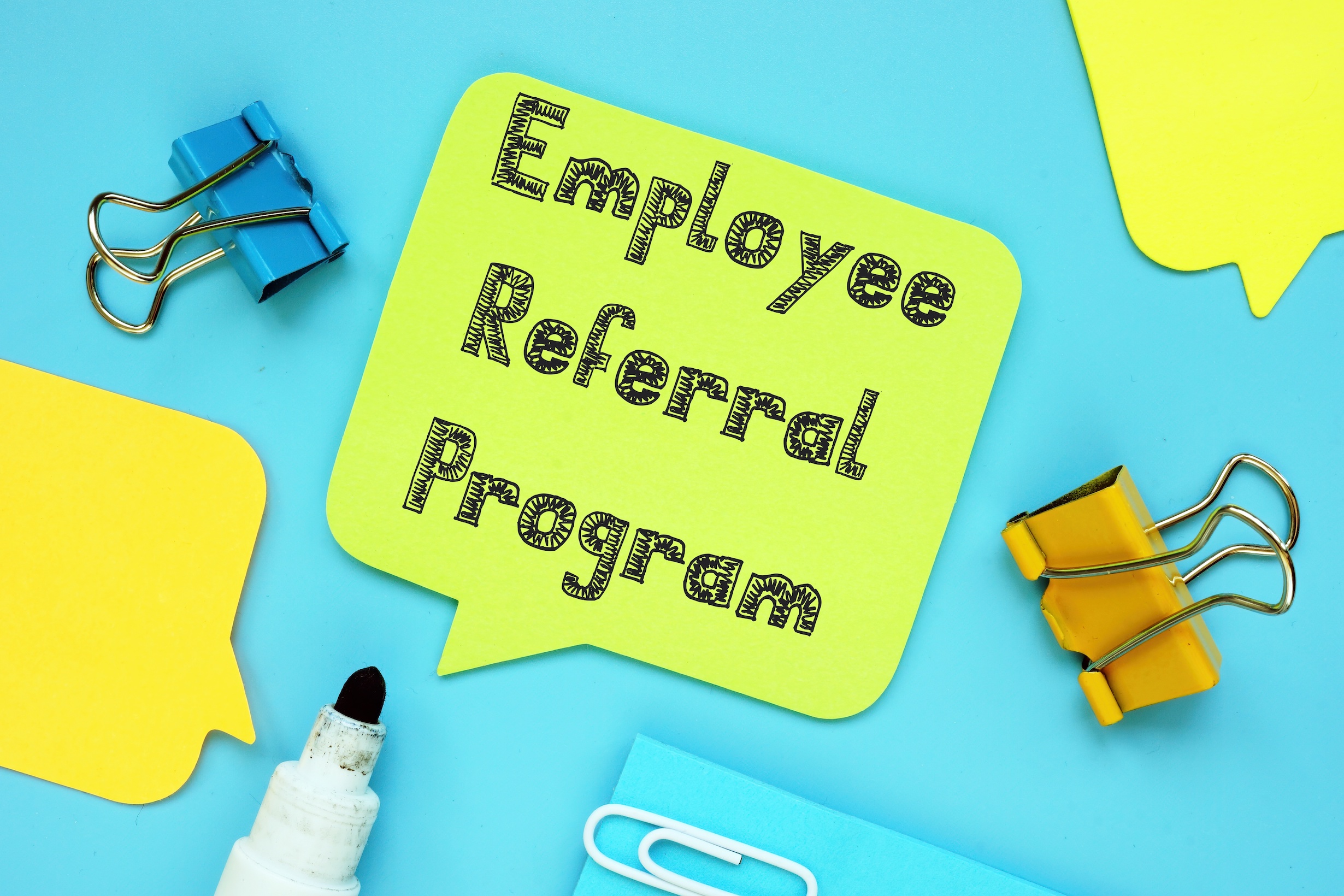

From emerging technologies to shifting patient needs and staffing shortages, healthcare providers must be nimble, resilient, and ready to step in wherever needed. This changing landscape has paved the way for a new breed of nursing professionals not confined to the four walls of a single hospital or clinic. Enter: travel nursing. Once considered a niche path, travel nursing has exploded in demand and prestige. It’s a career that seamlessly blends clinical excellence with personal freedom. Imagine practicing your profession at top-tier hospitals one month and bringing essential care to underserved rural communities the next while expanding your skills, experiencing new places, and earning top dollar.
It’s not just a job. It’s a lifestyle—purpose-driven, highly mobile, and uniquely rewarding. Whether responding to urgent staffing shortages, supporting crisis zones, or chasing new experiences without uprooting your career, travel nursing puts you in the driver’s seat. And here’s the best part: you don’t have to figure it out alone. At Empower Care, we specialize in matching qualified, passionate nurses and nurse practitioners with meaningful travel assignments across the U.S. From bustling cities to serene coastal towns, we offer roles tailored to your strengths, preferences, and long-term goals. At Empower Care, we specialize in connecting dedicated professionals with meaningful travel nursing opportunities — including travel nurse jobs and travel nurse practitioner roles. Let’s explore what this career path entails, its responsibilities, how much you can earn, and how Empower Care can help you get started.
What Is Travel Nursing?
Travel nurses are registered nurses (RNs) or nurse practitioners (NPs) who temporarily fill staffing shortages nationwide in hospitals, clinics, or healthcare facilities. These assignments typically last 8 to 26 weeks, though some may be extended based on demand.
Unlike traditional nursing roles, travel nurses are free to choose when and where they work. This unique blend of clinical practice and exploration will ignite your sense of adventure.
Who Is It For?
-
- Registered Nurses (RNs) looking to diversify their experience
- Nurse Practitioners (NPs) wanting broader clinical exposure
- Nurses craving flexibility, higher pay, or varied work environments
- Healthcare professionals passionate about adventure and purpose
What Do Travel Nurses Do?
Travel nurses perform many of the same duties as permanent staff nurses. The main difference is their temporary status and ability to adapt quickly to new environments.
Core Responsibilities:
- Administering medications and treatments
- Monitoring and recording patient health
- Collaborating with physicians and other healthcare staff
- Providing emotional support to patients and families
- Responding to emergencies and acute care needs
- Educating patients on post-discharge care
Flexibility and adaptability are key to succeeding in travel nursing roles, whether in a busy urban trauma center or a quiet rural clinic.
The Rise of the Travel Nurse Practitioner (NP)
Travel nurse practitioners are advanced practice providers with either a master’s or doctoral degree in nursing. Like travel RNs, they work on short-term contracts, but their responsibilities are more autonomous.
Responsibilities of a Travel Nurse Practitioner:
- Diagnosing and treating acute or chronic illnesses
- Performing physical exams
- Ordering and interpreting diagnostic tests
- Prescribing treatments and medications (based on state regulations)
- Educating patients on preventive health strategies
The travel NP role is ideal for practitioners who thrive on independence and enjoy working in diverse clinical settings — from ERs and family practices to telehealth and urgent care clinics.
Empower care works directly with licensed NPs to secure travel contracts that align with their skills, specialties, and state license coverage.
Benefits of Travel Nursing with Empower Care
While many agencies offer travel nurse jobs, Empower Care stands out with its personalized career placement, competitive compensation, and deep commitment to nurse wellness. Our exclusive contracts across the U.S., flexible assignments, tailored support, and professional development opportunities make us the ideal partner for your travel nursing journey.
Why Choose Empower Care?
Exclusive Contracts Across the U.S.
We partner with top healthcare facilities requiring travel nurses and NPs.
Flexible Assignments
You choose the location, length of assignment, and setting — we make it happen.
Tailored Support
Our recruiters work closely with you to ensure each assignment aligns with your goals and lifestyle.
Professional Development
Gain diverse clinical experience, expand your resume, and build your nursing portfolio.
At Empower Care, we understand that the logistics of travel nursing can be overwhelming. That’s why we provide support every step of the way, from licensing to housing to onboarding. With us, you can focus on what you do best: patient care.
From licensing to housing to onboarding, we handle the logistics so you can focus on patient care.
Earning Potential: How Much Do Travel Nurses Make?
Let’s talk numbers — because, let’s face it, a rewarding salary is one of the biggest perks of travel nursing.
Travel RN Salaries:
The average weekly pay for a travel nurse in the U.S. is $2,000–$3,000, translating to over $100,000 annually, depending on location and specialty.
Travel Nurse Practitioner Salaries:
NPs earn even more. Depending on the specialty, state, and demand, travel NPs can make $60–$90 per hour or up to $150,000+ annually with consistent placements.
Factors That Influence Pay:
- Geographic location (California, New York, and Massachusetts often pay more)
- Specialties (ICU, ER, OR, and labor & delivery nurses are in high demand)
- Shift differentials (night shifts and weekends often pay more)
- Crisis assignments (offer higher pay due to urgent need)
Empower care provides transparent compensation breakdowns for every role we offer — so you know exactly what to expect.
Where Can You Work as a Travel Nurse?
Travel nurses can work in a variety of healthcare settings:
- Hospitals and Trauma Centers
- Outpatient Clinics
- Rehabilitation Facilities
- Nursing Homes and Long-Term Care
- Home Health Services
- Telehealth Platforms
- Correctional Facilities
- Community Health Centers
Empower care curates’ assignments based on your experience, preference, and professional goals. Whether you’re seeking high-intensity hospital work or want to explore rural community health, we’ll find the right match.
How to Start Your Travel Nursing Career with Empower Care
Getting started is easier than you think — especially when you partner with a specialized agency like Empower Care.
Step 1: Meet the Requirements
For Travel RNs:
- Active RN license (multi-state or state-specific)
- 1–2 years of bedside experience
- BLS/ACLS certifications (depending on specialty)
For Travel NPs:
- Master’s or Doctorate in Nursing
- National board certification (FNP, AGNP, etc.)
- State licensure for the assignment location
- DEA registration (for prescribing authority)
Step 2: Apply Online with Empower Care
Our streamlined online portal makes submitting your resume, licensure, and availability easy. Once received, our team will reach out to schedule an interview and learn more about your goals.
Step 3: Get Matched with a Role
Your dedicated recruiter will present job matches, including location, pay package, housing support, and start date. You choose the one that fits best.
Step 4: Onboarding and Go Time!
We assist with credentialing, travel arrangements, housing (if needed), and onboarding with the healthcare facility. Then, it’s time to start your journey.
Skills That Make an Exceptional Travel Nurse
Success in travel nursing goes beyond clinical skills. Here’s what helps you thrive on the road:
- Adaptability: Every assignment is different. Be ready to learn fast and roll with the punches.
- Strong Communication: New teams, new systems, and new patients mean being a great communicator is key.
- Emotional Intelligence: You’ll support patients and families in unfamiliar places. Empathy matters.
- Resilience and Independence: Travel nurses often face high-pressure environments. Self-confidence and resilience are vital.
- Cultural Competency: You’ll work with diverse populations — an open mind and cultural sensitivity will serve you well.
At Empower Care, we don’t just place travel nurses. We equip and empower them to succeed.
Final Thought –
Travel nursing isn’t just a job — it’s a lifestyle of purpose, flexibility, and professional growth. Whether you’re a seasoned RN looking for adventure or a nurse practitioner seeking a fresh challenge, Empower Care supports you every step. With a growing demand for healthcare professionals and a flexible future, there’s never been a better time to become a travel nurse.
Ready to Start Your Travel Nursing Journey?
Join Empower Care today and explore exciting travel nurse jobs and NP opportunities across the U.S. — where your skills make a difference and your goals guide the way.
Apply now with Empower Care to take the first step toward a fulfilling and flexible future in travel nursing.
Explore related articles:
Travel Nursing: Guide to Starting Your Career
Becoming a Travel Nurse: Steps & Salary Guide









